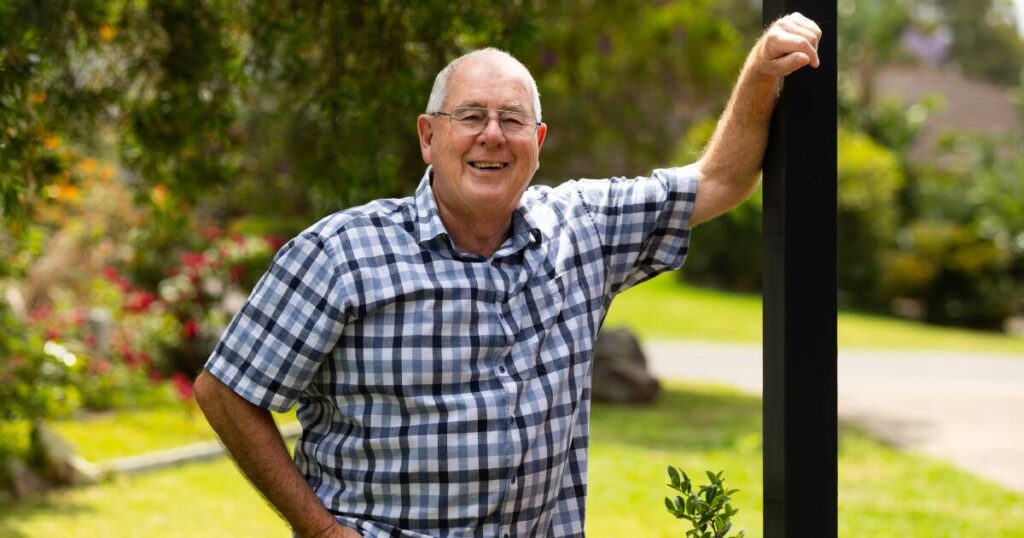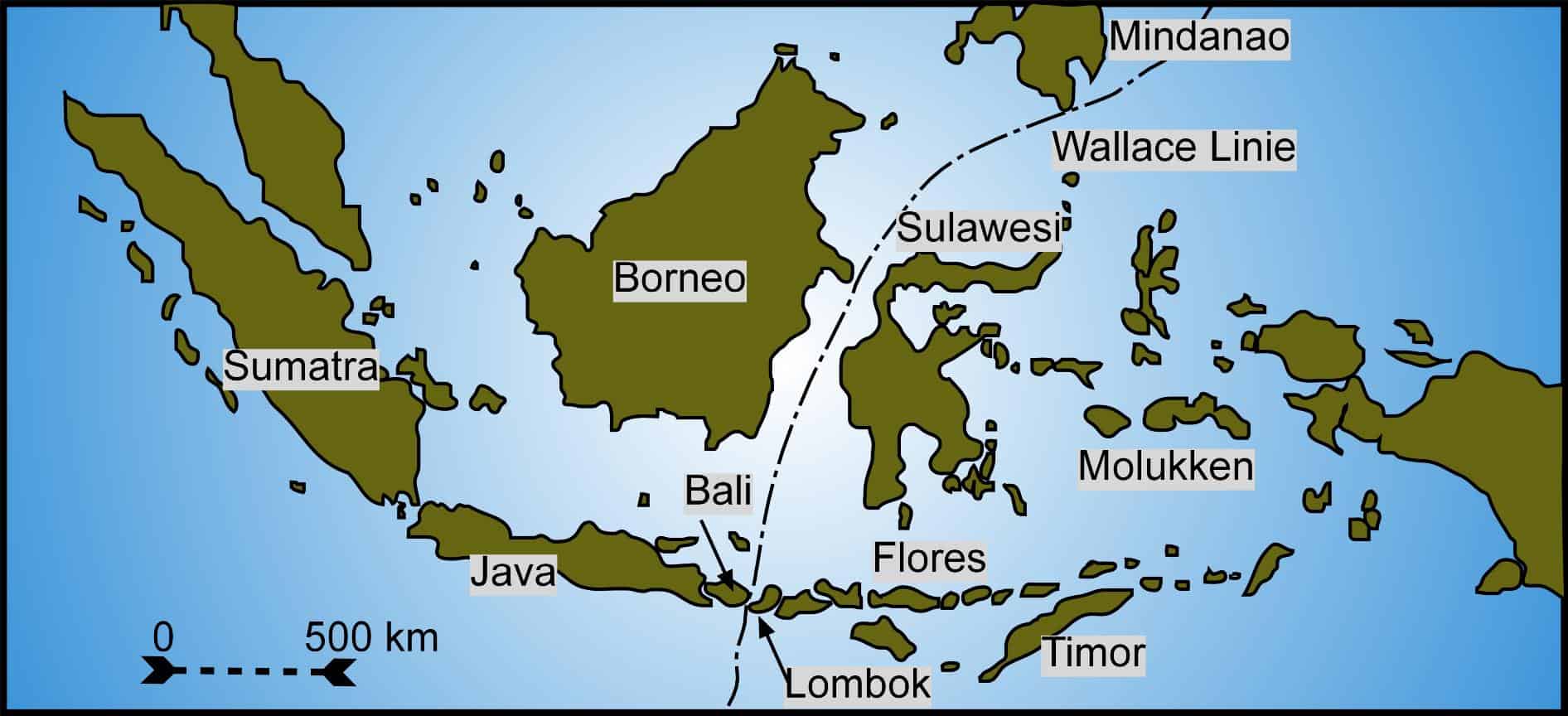
Will Creevey, a 75-year-old resident of Eleebana, credits his survival to a groundbreaking drug trial that he believes has kept him alive. Diagnosed with prostate cancer in 2017, Creevey’s journey through the ENZARAD trial has been a beacon of hope in his battle against the disease.
“I feel lucky that I was eligible for the trial,” Creevey shared, reflecting on the pivotal role the drug enzalutamide played in his treatment. “I truly believe I’m alive because of the drug. I’m just grateful I’m still here.”
The Journey from Diagnosis to Treatment
In 2017, Creevey’s elevated PSA (prostate-specific antigen) levels led to a biopsy and CT scan, revealing a high Gleason score that suggested aggressive cancer. “I’d been to my GP and next thing I had a phone call,” Creevey recalled. The urologist’s warning that the cancer would spread if untreated was a wake-up call.
Faced with this life-altering news, Creevey was referred to Dr. Jarad Martin, a radiation oncologist in Newcastle. It was Dr. Martin who introduced him to the ENZARAD trial, an international study involving approximately 70 men from the Hunter Region, led by the Australian and New Zealand Urogenital and Prostate Cancer Trials Group (ANZUP).
The ENZARAD Trial and Its Impact
The ENZARAD trial explored the efficacy of enzalutamide, a second-generation anti-androgen therapy, in men without signs of metastases at diagnosis. Enzalutamide, standard for metastatic prostate cancer since 2014, was tested for its potential to benefit men at high risk of recurrence.
“Having access to world-class research and care in Newcastle makes a real difference for local men,” said Dr. Martin, emphasizing the trial’s significance in shaping future prostate cancer treatments.
The drug works by inhibiting the androgen receptor pathway, crucial for prostate cancer cell growth. Creevey underwent radiation therapy five days a week for eight weeks and took enzalutamide for two years, resulting in a dramatic drop in his PSA levels from 11 to 0.13.
Personal Reflections and Broader Implications
Creevey’s experience highlights the importance of early detection and participation in clinical trials. “Have your yearly check-up,” he advised, noting his regret for missing an annual blood test prior to his diagnosis. “If I’d caught it the year before, maybe my PSA wouldn’t have been as high.”
The Prostate Cancer Foundation of Australia stresses the need for men to discuss the potential benefits and risks of PSA testing with their doctors. Early intervention can significantly alter the course of treatment and outcomes.
Looking Ahead: The Future of Prostate Cancer Treatment
The success of the ENZARAD trial underscores the potential for targeted therapies in managing prostate cancer. While standard treatments remain effective for most, enzalutamide offers hope for those at highest risk.
The trial results showed that enzalutamide was “potentially necessary for a small subset of patients,” according to the study findings.
As research continues, the insights gained from trials like ENZARAD will inform future strategies, offering new avenues for treatment and improving survival rates for prostate cancer patients worldwide.
Will Creevey’s story is a testament to the power of medical innovation and the human spirit’s resilience. His journey through the ENZARAD trial not only highlights the critical role of clinical research but also serves as an inspiration for others facing similar battles.







